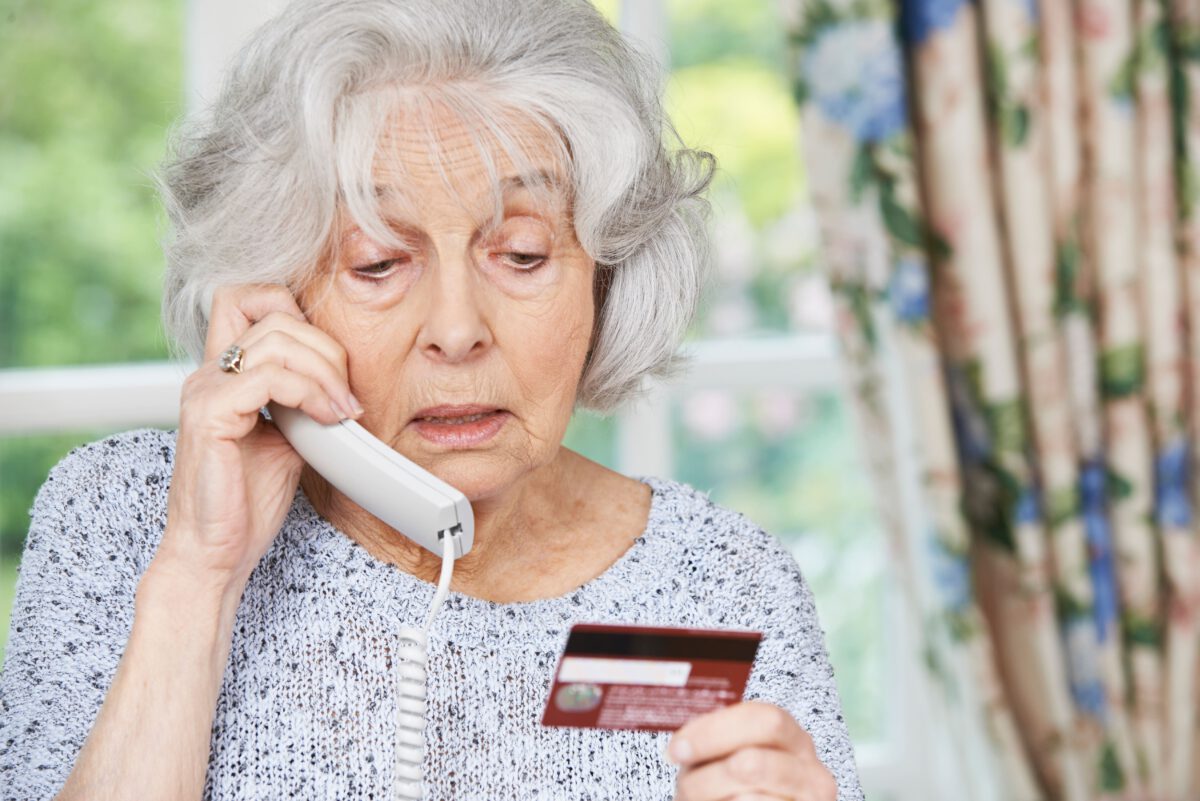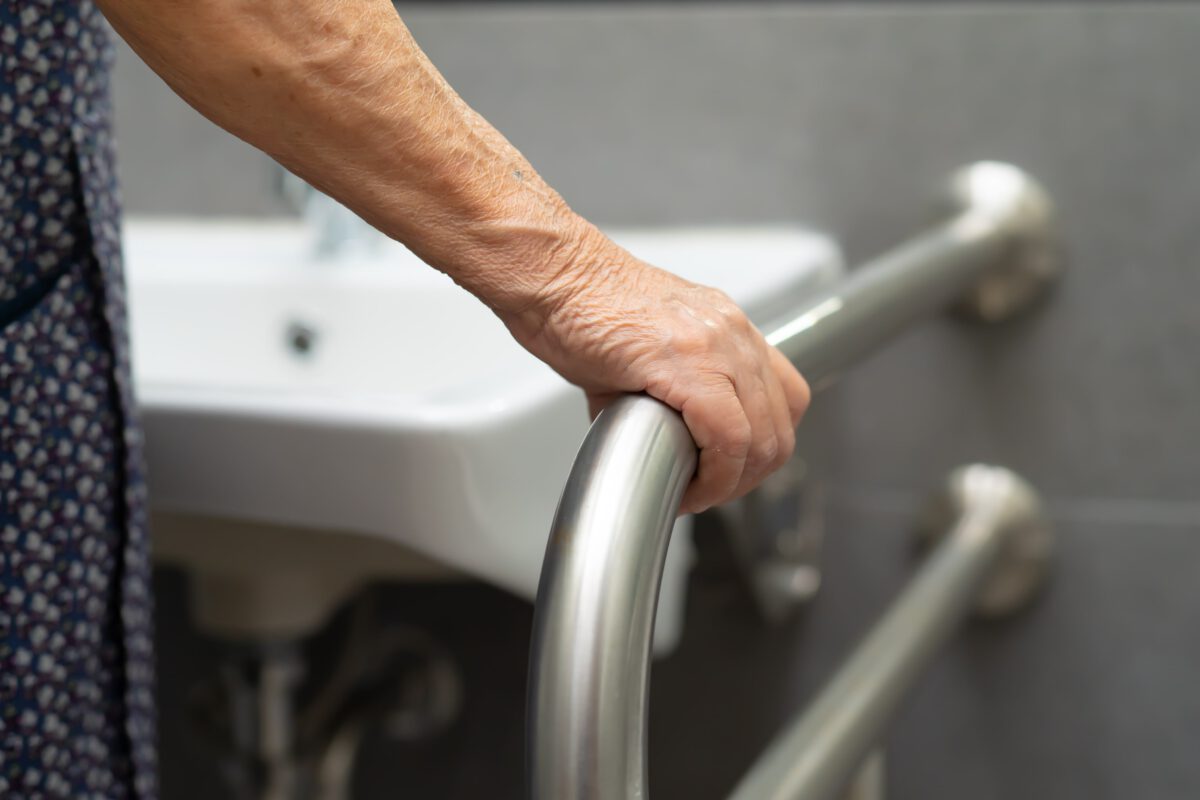Keeping the Kitchen Safe for a Loved One with Late Stage Dementia
The kitchen is the heart of most families’ homes. If we have a loved one living with dementia at home, especially in the later stages, we will want to do everything we can to help keep their kitchen as safe as it can be.
The oven and stove can prove to be the greatest threat to a loved one with dementia. Leaving stove top burners on can lead to severe burns, fires and smoke inhalation. There are easy fixes to help a loved one stay safe. One good fix is to remove all the knobs on the stovetop and place them in a drawer, or protecting them with safety knob covers.
If a loved one’s home has an electric oven or stove, a helpful product is the “Automatic Stove/Oven Control.” This device allows us to set the stove/oven to only be used during certain times of the day, and to automatically turn off when no one is in the kitchen for a certain amount of time. It has a counter-top motion detector to monitor when people are in the kitchen. It will turn the oven/stove off however long we choose to program it after the room is empty. If we are the one cooking and it is safe to leave the kitchen unattended, we can push an “override” button.
We should also realize that a loved one’s condition may cause them to forget how to use an appliance. This can cause a loved one to feel frustrated and present hazardous situations. Small appliances can also cause hazards when used improperly. We should unplug the toaster and coffee maker when not in use. Or better still, we can remove them from the kitchen countertop if they are a safety concern. We may also want to consider disconnecting the garbage disposal or cover the disposal’s switch.
Kitchen countertops and cabinets can also pose a risk, as they are often filled with dangerous items such as poisonous cleaning products; sharp knives and scissors; and heavy pots and pans. For a loved one’s safety, we should consider securing the area by removing or locking up these items.
If we move ahead with installing locks on our cabinets, we should do some research and find the best sort of lock. Locks made for childproofing are not always recommended. An adult loved one is much stronger than a child, and even with physical limitations, they may still be able to manipulate the latch. An alternative option is an invisible cabinet lock that is opened by using a magnetic key. This keeps the doors locked without it being obvious to a loved one that they are being locked out of a cupboard in their own home.
As a loved one’s condition progresses, it may become necessary to lock the refrigerator. Sometimes people with Alzheimer’s disease will place non-food items in the refrigerator, such as a purse or keys. They may take items out and accidentally leave them on the counter to spoil, or even eat uncooked meat or other foods that can be harmful. If we are unable to deter a loved one from opening the refrigerator, we can install a refrigerator lock. Again, we’ll need one for adults, not for a child. It will need to be heavy duty to withstand an adult’s strength.
Though it may be difficult to limit a loved one’s access to the kitchen, especially if they loved cooking or were able to prepare meals safely in the past even with dementia, we should remember that a loved one’s cognition and abilities change through the stages of the disease, and greater supervision may be needed in the later stages. By making adjustments to the kitchen and removing certain items, we are prioritizing their safety and making sure their home is a secure place for them to remain as their dementia progresses.
Resources: Alzheimer’s Store, and Alzheimer’s Association







